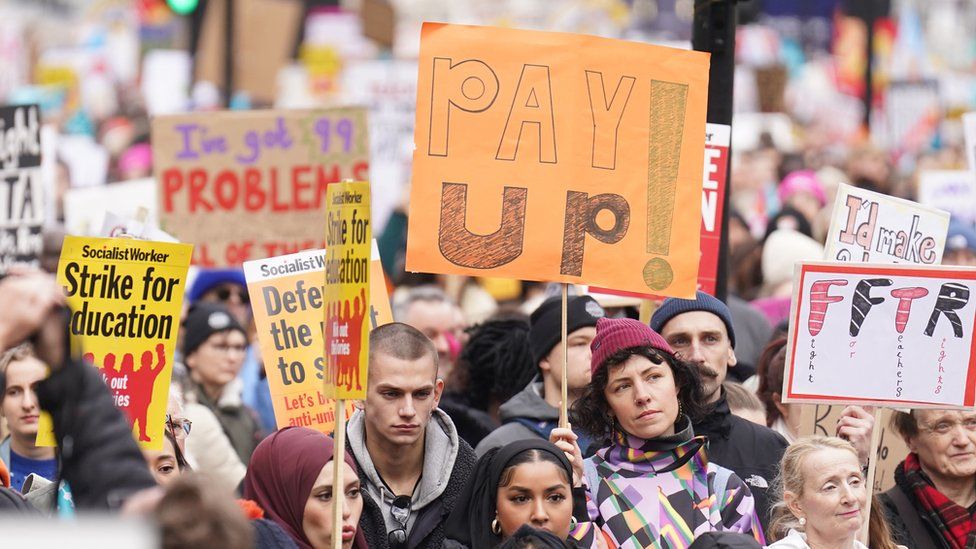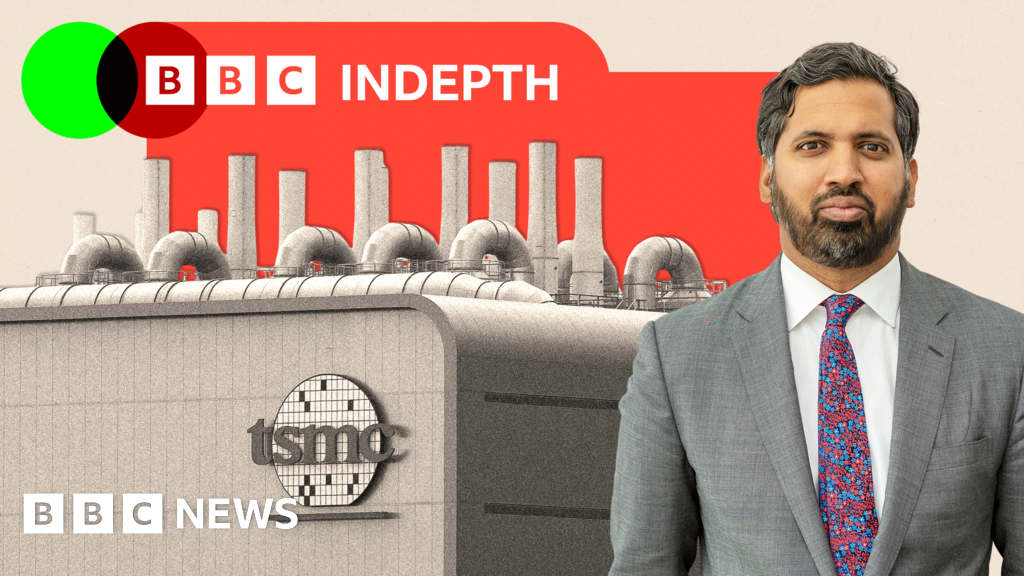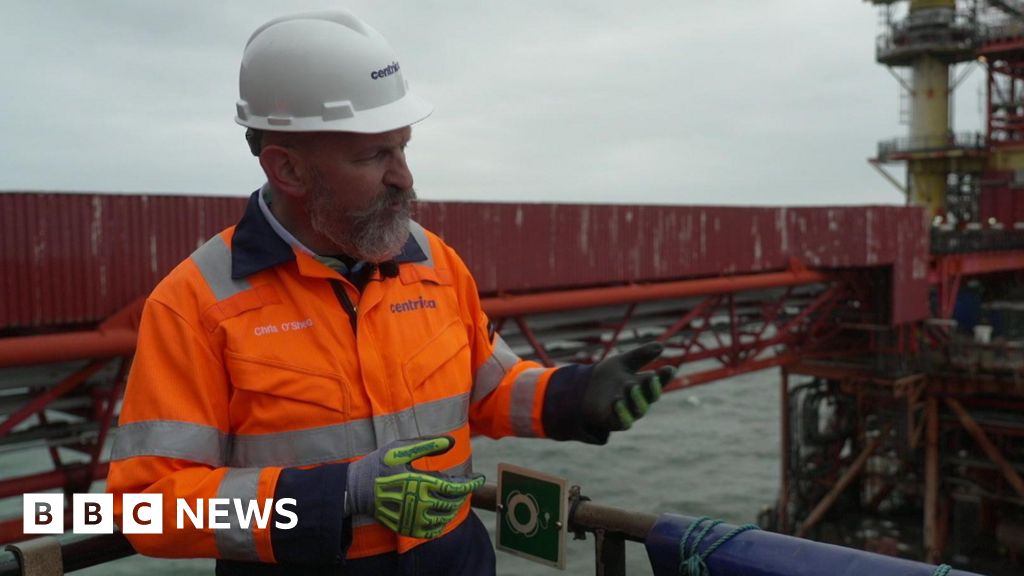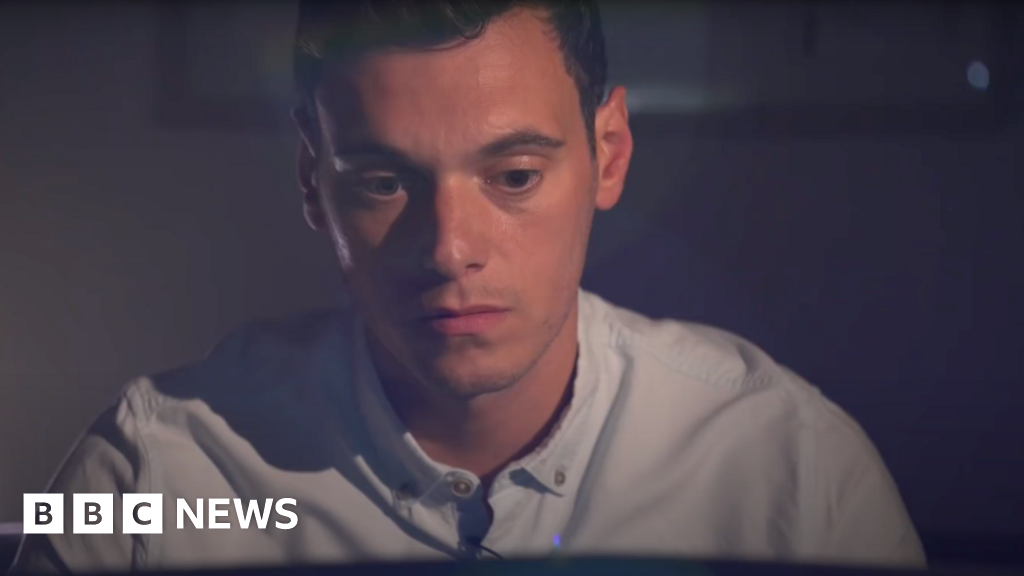ARTICLE AD BOX
 Image source, PA Media
Image source, PA Media
Hundreds of thousands of public sector workers have been taking part in strikes over pay
By Sam Francis
Political reporter, BBC News
Rishi Sunak has said "no final decision has been made" on pay rises for public sector workers.
Despite reports of a split in the Cabinet over whether to accept the recommendations of pay review bodies, a final decision is expected in the next two weeks.
Speaking on the way to a Nato summit in Lithuania, Mr Sunak said he would make the "responsible" decision.
Hundreds of thousands of workers have gone on strike over pay this year.
On 8 July, The Times reported that five Cabinet ministers were lobbying the prime minister to accept pay recommendations believed to centre on around 6%.
Speaking on the plane to the capital Vilnius, Mr Sunak said his decision would be decided by whether it was "fair", "affordable" and by "what's responsible".
He said the cabinet was "going through" the recommendations of pay review bodies.
Almost half of public sector workers are covered by pay review bodies, including police and prison officers, the armed forces, doctors, dentists and teachers.
The pay review bodies are made up of economists and experts on human resources, with experience in both the public and private sector and are appointed by the relevant government department.
Their recommendations are not legally binding, meaning the government can choose to reject or partially ignore the advice, but it is usually accepted.
Some agreements have been reached, including a pay settlement for more than a million NHS staff in England.
Taxing decisions
Mr Sunak has previously pledged to halve inflation this year to about 5%, as part of his top five priorities since becoming prime minister.
The rate at which prices are rising remained unchanged at 8.7% in May, despite predictions it would fall.
Persistent inflation levels would make it hard to cut taxes before the next election, Chancellor Jeremy Hunt said in an interview with the Financial Times.
But, Mr Sunak said he and the Chancellor were "completely united on wanting to reduce taxes for people".
"But the number one priority right now is to reduce inflation and be responsible with government borrowing," he added.

 1 year ago
40
1 year ago
40








 English (US) ·
English (US) ·